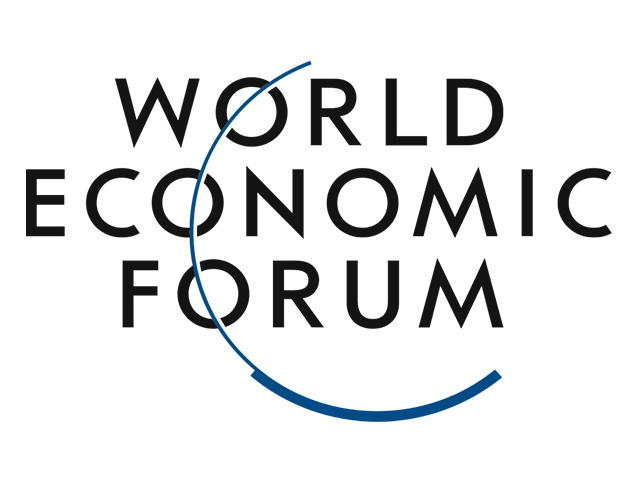Date: 25 March 2021

Host:
World Economic Forum
Panellists:
- Claudia Sender Ramirez – Board Member, Telefonica and LafargeHolcim
- Emma Marcegaglia – Chair, B20
- Mark Tucker – Chair, HSBC Holdings plc.
- Nigel Topping – High Level Climate Champion for COP26
- Punit Renjen – Global CEO, Deloitte
Moderator:
Emily Farnworth, Deputy Director, Centre for Climate Engagement, Hughes Hall, University of Cambridge.
Claudia Sender Ramirez is going to use her imagination “rigorously, pragmatically and innovatively” and would “encourage (her) peers to do the same!” She was, of course, talking about tackling the most serious and urgent threat we face: climate change. Action requires passion, education and, as Telefonica board member Ramirez so colourfully explained, imagination.
Mainstreaming climate action across the economy is not just the right thing to do but has become the right business thing to do. And while the transition will be deep and not without struggles, collaboration across industries and sectors will help ensure we all can get there together. It’s a fight worth winning, not just for the sake of the planet but for the business spoils.
Throughout the Climate Governance Initiative’s Global Summit, speakers have reminded us that boards are responsible for the long-term success of their companies. Board directors have a fiduciary duty to be more sustainable – this can be achieved by implementing effective climate governance via appropriate structures and climate-related management incentives. Sustainability will need to be approached with the same rigour as financial disclosure, with bold, achievable targets that are aligned with a science-based strategy. And, given the intrinsic link between measurement and implementation, appropriate and consistent metrics and targets need to be chosen for a company’s climate goals to be achieved.
“Company targets are important but must be operationalised,” explained Mark Tucker, chair of HSBC Holdings PLC. “Setting ambitious targets sends a clear signal but the target must be credible, stand up to scrutiny and we must be transparent, with science based goals.”
The first step for any non-executive director (NED) coming into a company that isn’t already discussing climate change, is to educate themselves and connect with likeminded board members. NED networks and peer groups are highly valuable as spaces in which fears, issues and best practices can be shared.
When it comes to the board, diversity is paramount. A diverse range of geography, age and gender can offer a plethora of perspectives; to make the most of those opinions and experiences, change and innovation has to be embraced. Everyone needs to adopt a long-term view, meaning that companies will need to see the changes coming and boards will need to anticipate the voice of the regulator. If they aren’t able to respond with the necessary proactive steps, governments will have to step in.
It’s clear that momentum is building. As B20’s Chair, Emma Marcegaglia said: “The pandemic has not stopped the race towards zero – it has made this race even stronger and more important.”
The board has a fundamental role to play in creating an enabling environment in which these issues can be addressed. Companies are encouraged to join the ‘Race to Zero’ and to adopt a different approach with an ambitious long-term vision for a sustainable future. All companies need to get there and with effective climate governance and collaboration, this race can be won together.